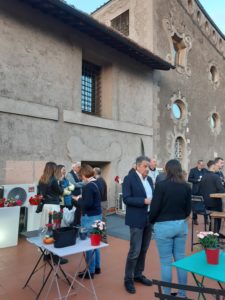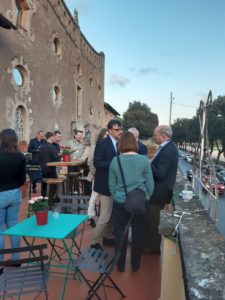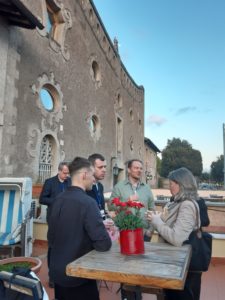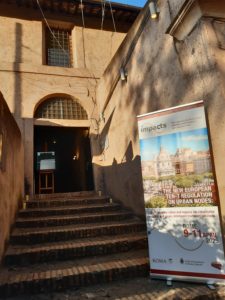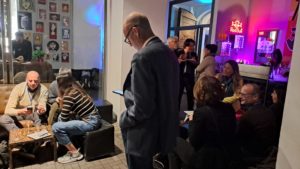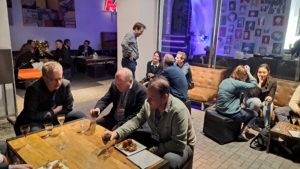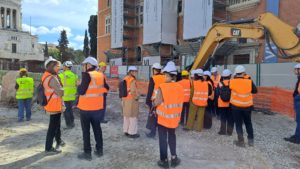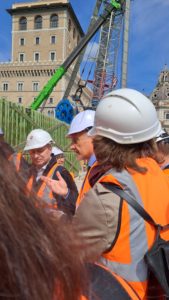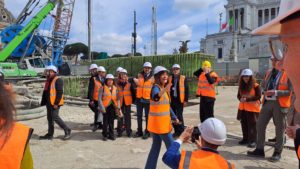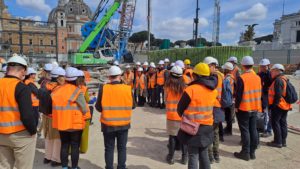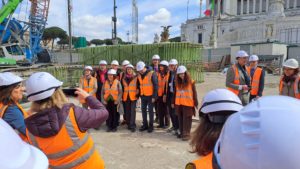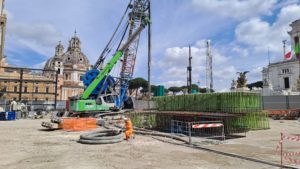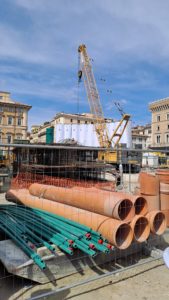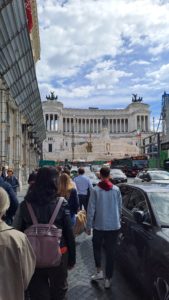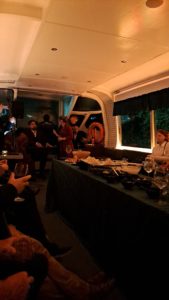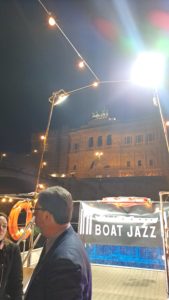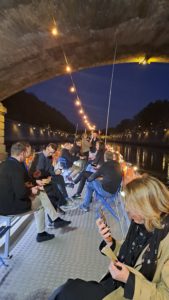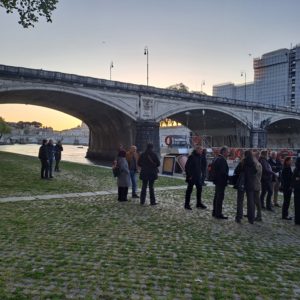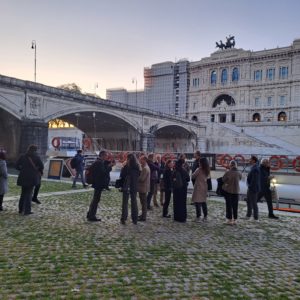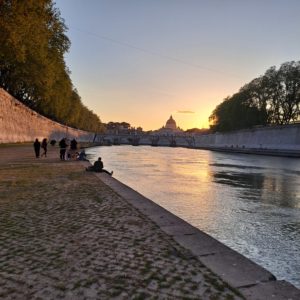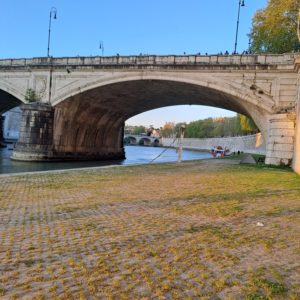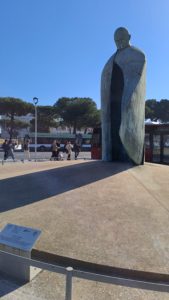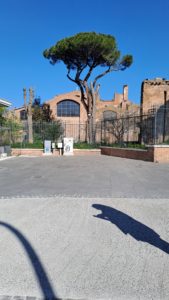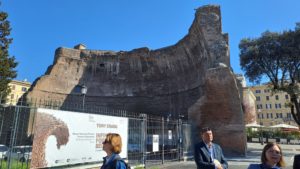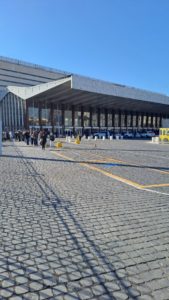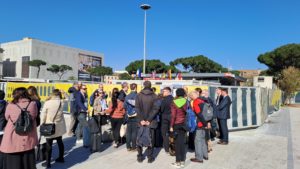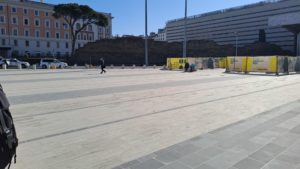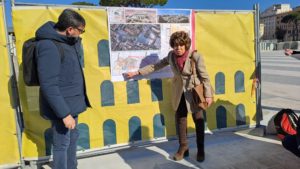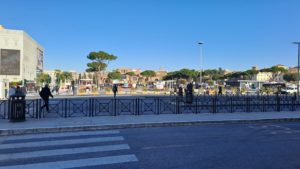The IMPACTS network annual conference took place in Rome on 9 to 11 April 2025 with the topic “The new European TEN-T regulation on urban nodes”.
Scroll down for more information on the conference and to see the individual presentations or download a single zip-file that contains all the presentations, the documentation and the programme:
The different formats within the conference (keynote, sessions, panel discussion…) looked closer at the following topics:
- The new regulation frame – new challenges for our cities and metropolitan regions?
- The goal of climate neutrality – demands on Sustainable Urban Mobility Plans (SUMP) and innovation strategies
- Visions for the future: How can we win society for the necessary change?
- Urban nodes and mobility hubs (for passenger traffic and goods)
Here you can view the documentation (scroll down to download):
Conference Agenda
Welcome
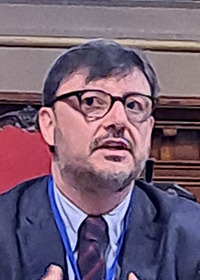
Welcome by Eugenio Patanè
Eugenio Patanè
City of Rome, Deputy Mayor for Mobility
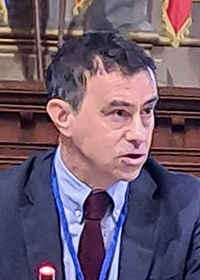
Urban Mobility and Environment: the Climate City Contracts to face the new challenges and the roadmap for Rome towards climate neutrality
Edoardo Zanchini
Director of the Rome Climate Office
Panel discussion: The new regulation frame – new challenges for our cities and metropolitan regions?

Urban Mobility 2050: Horizon Scanning
Andrea Ricci - Panel: Eugenio Patanè, Janet Horner, Johannes Wieczorek and Michèle-Angélique Nicol
ISINNOVA - President of the Technical and Scientific Committee of APRE (Agency for the Promotion of European Research)
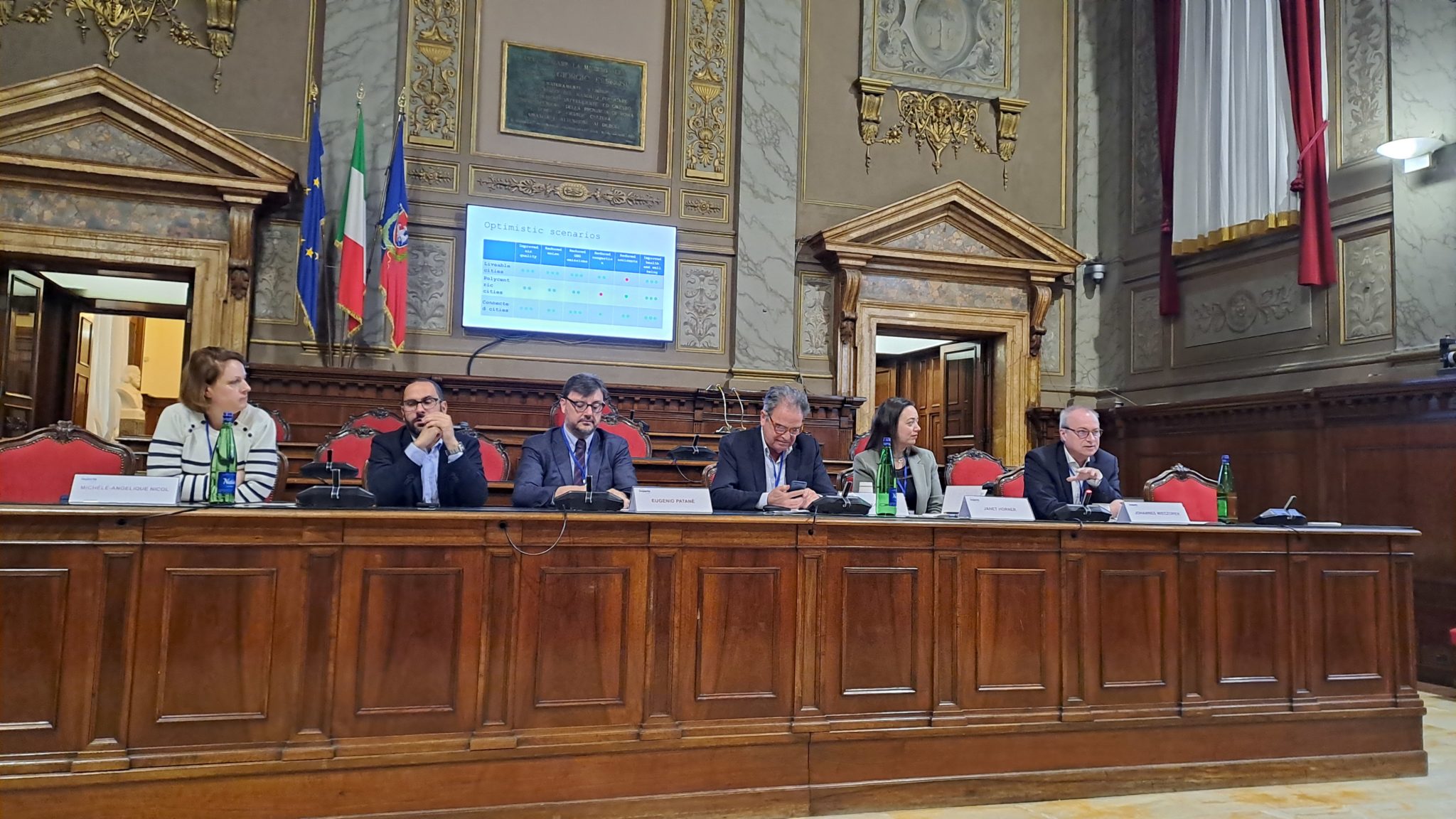
Panel Discussion
Michèle-Angélique Nicol (City of Paris), Eugenio Patanè, (City of Rome, Deputy Mayor for Mobility) Janet Horner (Dublin, City Councillor) Johannes Wieczorek (Berlin)
Paris, Rome, Dublin and Berlin
Session 1: The goal of climate neutrality – demands on Sustainable Urban Mobility Plans (SUMP) and innovation strategies
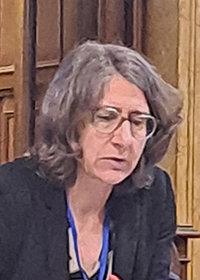
SUMP and digital mobility strategy for Hamburg
Tina Wagner
City of Hamburg, Director-General of Transport
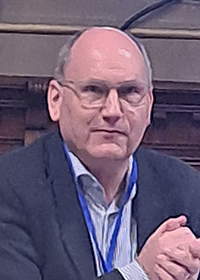
Implementation of Dublin City Centre Transport Plan
Brendan O’Brien
Dublin City Council, Environment and Transportation Department
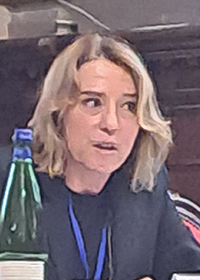
The implementation of the SUMP for Madrid by innovation
Maria José Aparicio Sanchiz
City of Madrid, General Coordinator of Mobility
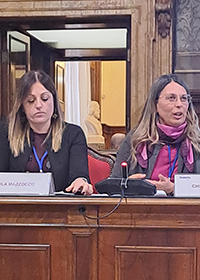
The new mobility infrastructures supporting the SUMP objectives and the UPPER Mission Project
Imola Mazzocco and Chiara Di Majo
City of Rome Mobility Department and RSM
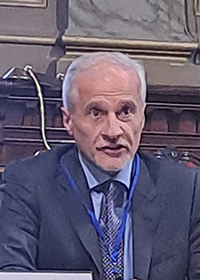
Site visit: Piazza Venezia Metro C station Construction Worksite (See link to video at top of page)
Andrea Sciotti
Roma Metropolitane
Session 2: Visions for the future: How can we win society for the necessary change?
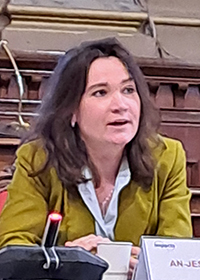
Approach for participation processes in relation to course “Amsterdam creates space”
An-jes Oudshoorn
City of Amsterdam, Directorate Infrastructure Traffic and Transport, Principal/Client
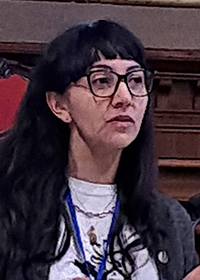
Redesign of city neighbourhoods in Zurich (participation process)
Diana Celi
Zurich

Creating acceptance for redesign of public space – the Paris example
Michèle-Angélique Nicol
City of Paris, Head of the PEPQA (Public Space Sharing and Air Quality) Department, Paris Mobility Agency
Session 3: Urban nodes and mobility hubs (for passenger traffic and goods)

Mobility hubs in Lviv, strategy and implementation
Orest Oleskiv
City of Lviv, Head of Transport Office
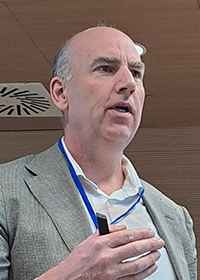
Hubs small and large, where does Amsterdam stand in developing hubs
Willem van Heijningen
City of Amsterdam, Directorate Infrastructure Traffic and Transport, Strategist
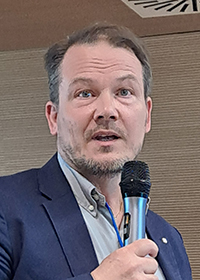
Mobility Hotel Nordstan
Mikael Ivari
City of Gothenburg, Urban Environment Department, Senior Advisor
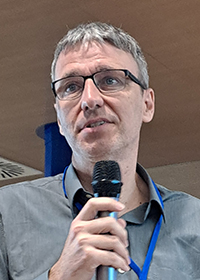
Microhubs in Barcelona
Adrià Gomila
City of Barcelona, Mobility Director
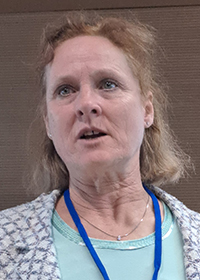
City logistics concept of Zurich and the “SalutBox” pilot project
Dr. Simone Rangosch
City of Zurich, Department of civil engineering, Head of Department of civil engineering
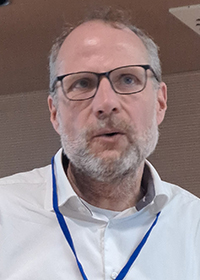
Urban logistics hubs in Vienna
Gregor-Stratil Sauer
City of Vienna, Department for Urban Development and Planning, Head of Mobility Strategies

Berlin ́s logistics hubs: large/medium/small
Katharina Kroeger
Senate Department for Urban Mobility, Transport, Climate Action and the Environment Berlin, Acting Head of Mobility Policy Unit
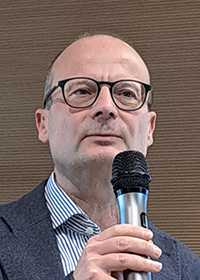
Rome’s Sustainable Urban Logistic Plan, the freight hubs and the MOVE 21 project
Marco Surace
Senior Mobility Expert, Rome Mobility Agency



